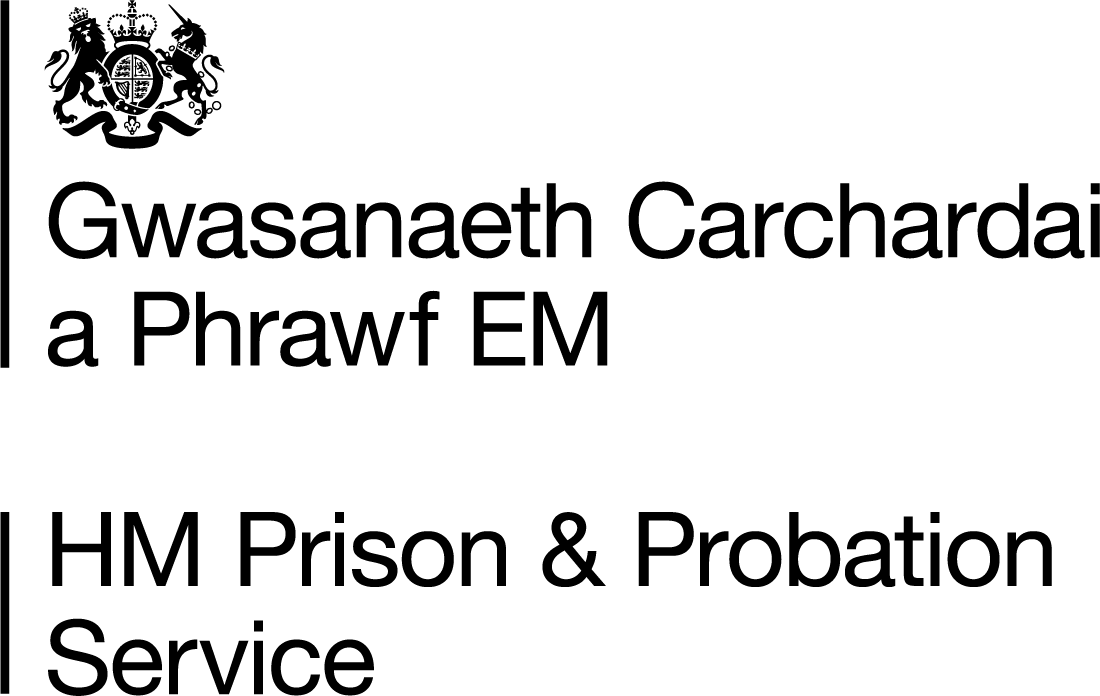Whilst we cannot predict or control everything that might happen to us, there are some steps we might choose to take to mitigate and avoid risk. This checklist helps you to consider what to think about when setting up surgeries and engagement events:
Start by asking yourself the following questions:
- Is the designated surgery room close to other staff areas?
- Will there be other colleagues present in the building when I hold my surgery?
- Are other colleagues aware that I am holding my surgery and do they know which room I am holding it in?
- Do I need a colleague to support me at the meeting?
- If not, have I informed them that I am starting or finishing my surgery?
- Have I told my colleague how long the surgery should take, so that they can check on me if it takes longer?
- Is there an incident log book? – providing a central place to accurately record incidents, not depending on anecdotal accounts which can be unreliable.
- Have I checked the incident log book to see whether the visitor has previously attended and caused problems? – all types of unacceptable behaviour, including verbal abuse, should be documented, timed and signed.
- Has the visitor previously displayed irrational behaviour or been aggressive or confrontational?
- Is the visitor currently displaying irrational behaviour or signs of being upset, angry or aggressive?
- Have I checked the room to make sure it is set up correctly with my chair nearest the door, so that I can get out quickly if I need to?
- Is my escape route clear and how do I get out quickly and safely if I need to?
- Have I removed any items that have been left lying around, that could be used as a weapon against me?
- Is there sufficient room between myself and the visitor to respect personal space?
- Is the room well lit?
- How do I call for help if I need to?
- Is there a phone in the room?
- Do I need my mobile phone, is it charged and with signal?
- Is there a password that I can discreetly use to inform my colleagues that I need their assistance?
- Is there a panic button facility in the room?
- If not, is a personal safety alarm available?
- Am I sat at their level?
- Am I using eye contact and open hand gestures to display a helpful attitude?
Counter Terrorism Intelligence Unit










